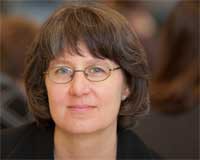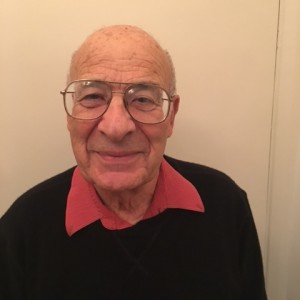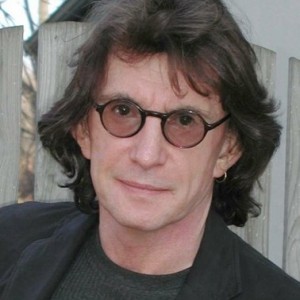-
Samir Gandesha
Samir Gandesha is Associate Professor in the Department of the Humanities at Simon Fraser University.
-
GATS
Oakland-based artist GATS (Graffiti Against the System) is an internationally renowned graffiti artist with work reaching as far as Palestine, the Philippines, and Rome. He is best known for his iconic mask imagery, the intricate insignias that fill them, and his liberatory political messaging accompanying many of his pieces.
-
Jojo Geronimo
Jojo Geronimo works in the Ontario Public Service Employees Union (OPSEU), with specific responsibility for the educational component of the “Network for Better Contracts” program.
-

Catherine Gidney
Catherine Gidney is a professor of history at St. Thomas University. She writes about youth culture and students in revolt over everything from vending machines to curfews to war. She is the author of Tending the Student Body: Health, Youth and the Rise of the Modern University, 1900-1960 and A Long Eclipse: The Liberal Protestant Establishment and the English-Canadian University Campus, 1920-1970.
-
Nicholas Gilby
Nicholas Gilby led the efforts of the Campaign Against Arms Trade (CAAT) to expose the corruption in British arms deals with Saudi Arabia. His research on arms trade corruption has been extensively featured in The Guardian, on the BBC and Al Jazeera, and in academic journals. He was previously a director of TAPOL, the Indonesia Human Rights Campaign.
-
Henry A. Giroux
Henry A. Giroux currently holds the Global TV Network Chair Professorship at McMaster University. His most recent books include Disposable Youth: Racialized Memories and the Culture of Cruelty and Youth in Revolt: Reclaiming a Democratic Future. In 2002 Routledge named Giroux as one of the top fifty educational thinkers of the modern period.
-
Anita Girvan
Anita Girvan is assistant professor of cultural studies, Athabasca University, Alberta, Canada.
-

Harry Glasbeek
Harry Glasbeek is professor emeritus and Senior Scholar of Osgoode Hall Law School, York University. He has taught in both Australia and Canada and has written 140 articles and 12 books, including Between the Lines titles Wealth by Stealth: Corporate Crime, Corporate Law, and the Perversion of Democracy, Class Privilege: How Law Shelters Shareholders and Coddles Capitalism, and Capitalism: A Crime Story. He lives in Toronto, Ontario.
-
Hugh D.A. Goldring
Hugh Goldring is a writer from Ottawa, Ontario, Algonquin territory. As one half of Petroglyph Studios, he works full time writing comics with social justice themes in partnership with scholars, unions, activists and NGOs. He is part of the Ad Astra Comix publishing collective which published his first graphic novel, The Beast: Making a Living on a Dying Planet. He was active in the Occupy movement and has been involved in several Food Not Bombs chapters. He has spent the last 5 years traveling across the United States, visiting with anti-fascists, migrant rights activists and anti-capitalists, trying vainly to make sense of it all.
-
David Goutor
David Goutor is assistant professor in the School of Labour Studies, McMaster University. He researches and teaches about working-class formation, union and leftist movements, immigration, and transnational migratory labour systems.
-
David Graeber
David Graeber (1961–2020) taught anthropology at the London School of Economics. He was the international best-selling author of Debt: The First 5,000 Years and Bullshit Jobs: A Theory. He has written for Harper’s, The Nation, Mute, and the New Left Review. One of the original organizers of Occupy Wall Street, Graeber has been called an “anti-leader of the movement” by Bloomberg Businessweek. The Atlantic wrote that he “has come to represent the Occupy Wall Street message … expressing the group’s theory, and its founding principles, in a way that truly elucidated some of the things people have questioned about it.”
-
Peter Graham
Peter Graham is an independent researcher and sessional instructor at McMaster University. His work examines municipal politics and the role of the left in Canada.
-
GRAIN
GRAIN is an international non-profit organization that works to support small farmers and social movements in their struggles for community-controlled and biodiversity-based food systems.
Their support takes the form of independent research and analysis, networking at local, regional, and international levels, and fostering new forms of cooperation and alliance-building. Most of GRAIN’s work is oriented towards, and carried out in, Africa, Asia, and Latin America.

